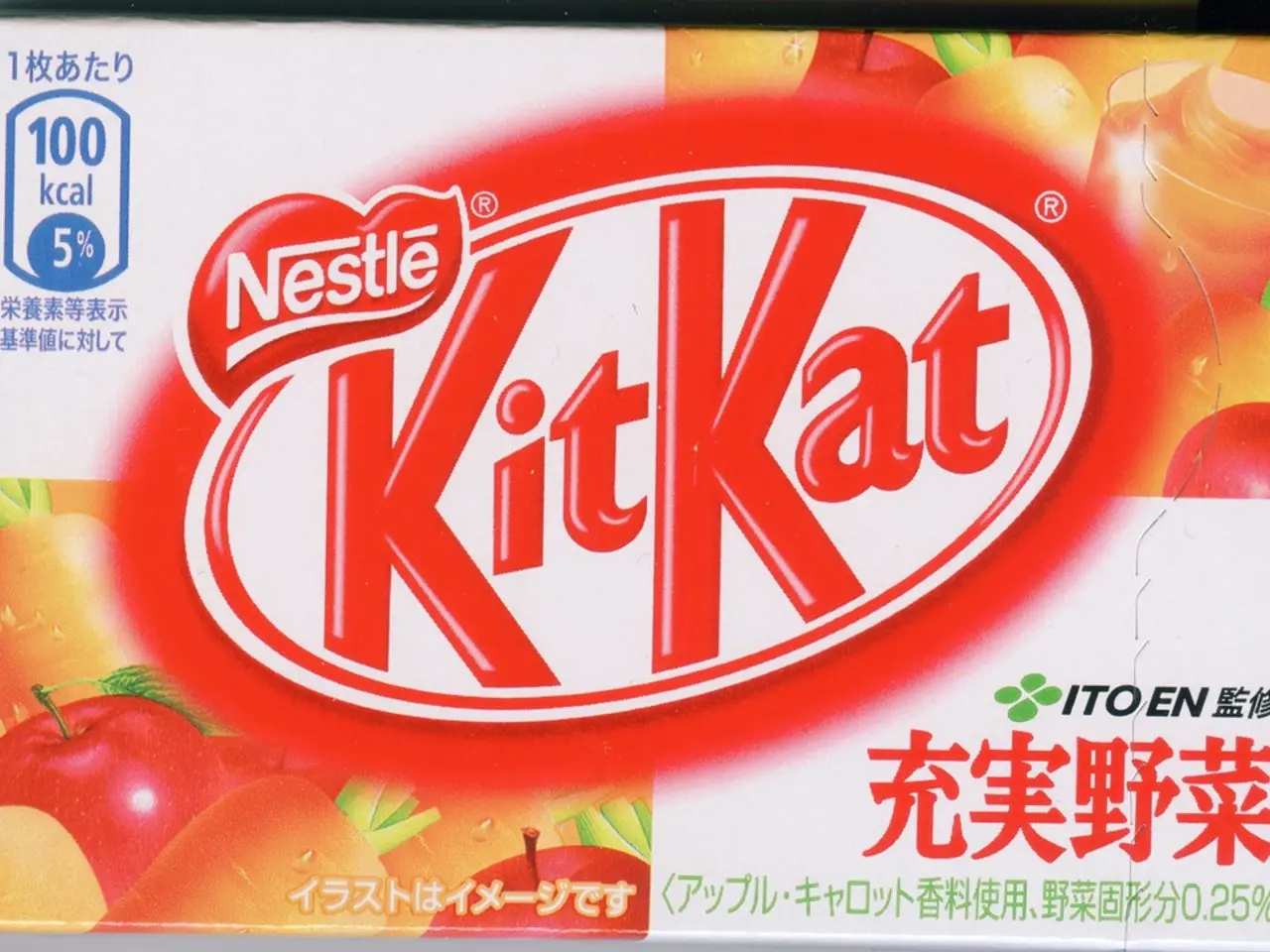Exploring the Wonders of Moringa: Applications, Advantages, and Much More!!!
In the realm of superfoods, Moringa Oleifera, often referred to as the "Miracle Tree," has earned its place alongside powerhouses like walnuts, kale, goji berries, and microgreens. This fast-growing, resilient tree, native to India, Pakistan, and Bangladesh, has a long history of traditional use and offers a multitude of modern health, culinary, and medicinal benefits.
Traditionally, moringa leaves, seeds, pods, and roots have been used across various cultures to address infections, boost nutrition, support lactation, and relieve joint pain and respiratory ailments. Today, it is celebrated for its resilience, growing well in harsh environments and symbolizing sustainability and food security in rural communities.
As a nutritional powerhouse, moringa is rich in vitamins A, C, E, B-complex, calcium, potassium, iron, protein, fiber, antioxidants, and anti-inflammatory compounds. This abundance of essential nutrients makes it a "superfood" or "miracle tree" for nutrition. High iron, B vitamins, and protein content support energy production and reduce fatigue, while high fiber aids digestion, prevents constipation, soothes bloating, and improves gastric ulcer and hemorrhoid conditions.
Moringa's immune-boosting properties are evident in its vitamin C content, polyphenols, beta-carotene, and bioactive compounds that enhance immune function. These benefits are even shown to improve CD4 counts in HIV patients. Anti-inflammatory and analgesic compounds like isothiocyanates, quercetin, and chlorogenic acid reduce inflammation and pain by modulating immune pathways.
Skin and wound care also benefit from moringa's nutrient-rich profile. Vitamins stimulate collagen production, wound healing, and skin hydration. Moringa's heart and metabolic health benefits include helping regulate blood glucose and cholesterol levels, supporting cardiovascular health. Research even suggests that moringa compounds may induce destruction of malignant cells in breast and intestinal cancers.
Moringa's potential to improve eye health is significant due to its high levels of beta-carotene, lutein, and zeaxanthin—important antioxidants for maintaining vision and protecting against degeneration. Additionally, moringa may provide relief from menopause symptoms due to its nutrient content.
In terms of culinary uses, moringa leaves can be consumed fresh, dried, or powdered in teas, smoothies, and juices. They pair well with tropical fruits like pineapple, mint, and lime for a delicious and healthy green smoothie. Moringa leaves can also be added to traditional Indian dishes like dal, sabzi, and khichdi, and sprinkled over soups, roasted vegetables, and mixed into energy snacks or baked goods.
Beyond its health and culinary benefits, moringa offers environmental and societal advantages. It grows to improve soil quality and prevent erosion, contributing to rural livelihoods and food security as a sustainable crop.
In summary, moringa traditionally served as a multipurpose plant for food and medicine, and modern science confirms its broad spectrum of health benefits ranging from nutrition and immunity to chronic disease prevention and skin care. Its culinary versatility and ecological resilience further reinforce its global value as a sustainable "miracle tree." Moringa offers a natural way to complement your diet with essential vitamins, minerals, and trace elements, without resorting to artificial supplements.
- The nursery can grow Miracle Tree seedlings as part of a workplace-wellness program, fostering health-and-wellness and the cultivation of mindfulness.
- For those seeking a healthy-diet, adding moringa to your fruit smoothies or salads can provide a boost of essential nutrients.
- Fitness-and-exercise enthusiasts may find moringa supplements beneficial in their pursuit of personal-growth and productivity during career-development or job-search.
- The antioxidants found in moringa could aid in people's goal-setting, as they support cellular defense and contribute to overall health.
- Skin-care companies may look into using moringa extracts in therapies-and-treatments for improved collagen production and combat signs of aging.
- CBD-infused moringa recipes can be an innovative approach in the food-and-drink industry, catering to the growing interest in healthy-cooking and global-cuisines.
- Culinary schools could consider incorporating moringa into education-and-self-development curricula, encouraging students to experiment with new ingredients and expand their comfort zones.
- Research could be conducted on the effect of moringa on women's health, especially in areas such as menopause relief and nutrition for expecting mothers.
- With moringa's nutritional value and potential benefits, it may find a place in mens-health regimens promoting vitality and well-being.
- Professional athletes looking for natural recovery therapies might find interest in moringa's anti-inflammatory properties, enhancing their performance in sports like basketball (WNBA, NBA, NCAA Basketball).
- Sustainably sourced moringa could become a staple in nutrition programs for impoverished areas, offering a practical solution to improving health and food security.
- Nutritionists may recommend moringa as an ideal addition to healthy-diets, as it packs a nutritional punch with its various vitamins, minerals, and antioxidants.
- Moringa-infused cooking classes can be an attractive offering for lifestyle and dining establishments seeking to cater to the wellness-conscious consumer.
- Schools and universities could integrate sessions on moringa, its benefits, and various uses in science, arts, and humanities, fostering a culture of learning and innovation.
- Moringa has demonstrated promise in promoting cardiovascular health, sparking excitement among those interested in health-and-wellness and longevity.
- Skills-training programs could incorporate moringa cultivation as a means to provide job opportunities and boost local economies in communities struggling with poverty and lack of resources.
- As the need for natural, plant-based alternatives grows, it's essential to support the cultivation and study of moringa, ensuring its lasting impact on nutrition, medicine, and culinary arts.




